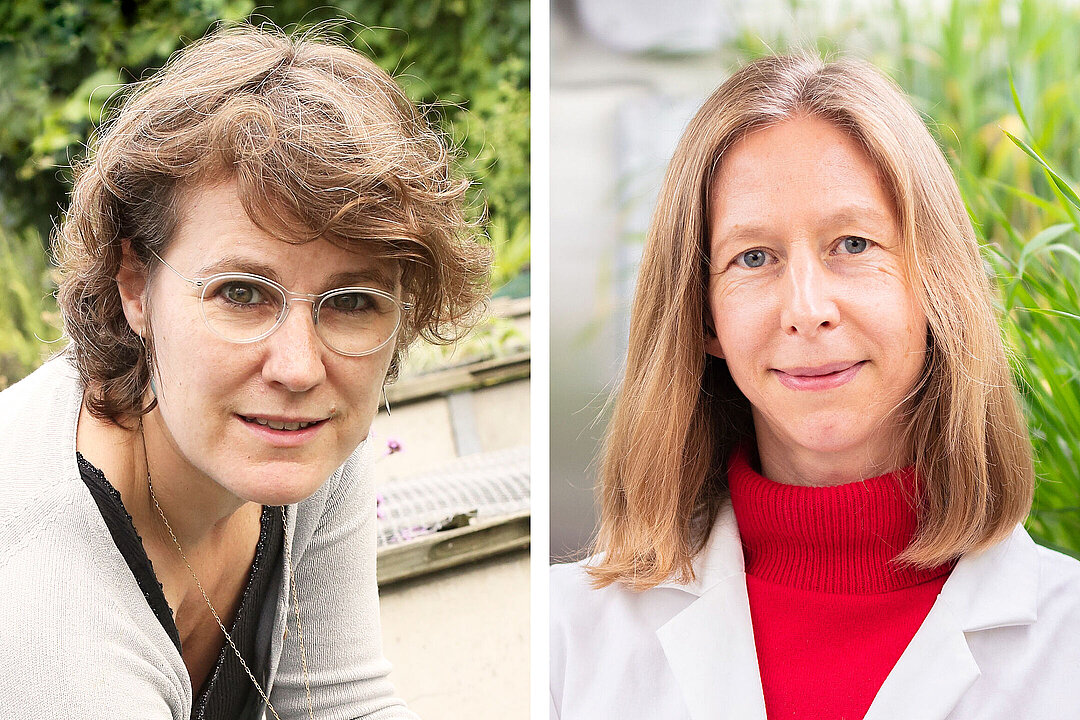“This achievement will significantly strengthen research at HHU,” says a delighted HHU President, Professor Anja Steinbeck. “I would like to thank all members of the proposal team, who demonstrated tremendous commitment in a highly competitive environment to successfully win this new flagship project for Düsseldorf.”
CRC/TRR 341 “Plant Ecological Genetics”
The genetic basis for the reactions and adaptations of plants to global environmental changes will be researched within this new CRC/TRR. The scientists will investigate strategies used by plant species to adapt to limited resources such as water and nutrients that they compete for with other plants.
The researchers aim to identify genetic variations that control survival and reproduction in response to these altered conditions. By comparing species that are closely and distantly related, the scientists will assess whether the function of genes that promote plant adaptation are conserved during evolution or whether they depend on ecological specialisation.
Professor Maria von Korff Schmising from the Institute of Plant Genetics and co-spokesperson of the CRC/TRR 341: “One priority of the research at HHU will be the study of wild grasses compared to the closely related cereal crop barley. The question is which traits and genetic variants allow wild grasses to colonise very different ecological niches, especially those with low water and nutrient availability.”
One focus is on wall barley (Hordeum murinum), which is one of the most widely adapted grasses in Europe and grows on dry and nutrient-poor as well as on more favourable sites. The extensive genetic data from barley can be used in the study of wild grasses. At the same time, findings from the wild grasses can also support the generation of cereal crops that are better adapted to dry and nutrient-poor conditions.
At HHU, a W1/W2 tenure-track professorship will be set up for the research programme of the new collaborative research centre that will specifically address “ecological genetics” and thus focus on the genetic adaptation of plants to changing environmental conditions.
One further important aspect is the involvement of Düsseldorf citizens in research. In the “Citizen Science” project that will be supervised by Professor Petra Bauer, schoolchildren, students, educational institutions and interested citizens will be involved in the monitoring of wild plants, their characteristics and their distribution. This sub-project within the CRC will also help to boost HHU’s profile as a Citizens’ University.
Professor Juliette de Meaux from the Institute for Plant Sciences at the University of Cologne is the spokesperson for the CRC/TRR 341; Professor Maria von Korff Schmising from the Institute of Plant Genetics at HHU is the co-spokesperson. The other project partners are: Ruhr University Bochum, the University of Marburg, the University of Potsdam and the Max Planck Institute for Plant Breeding Research in Cologne. The funding totals around 11 million euros.


